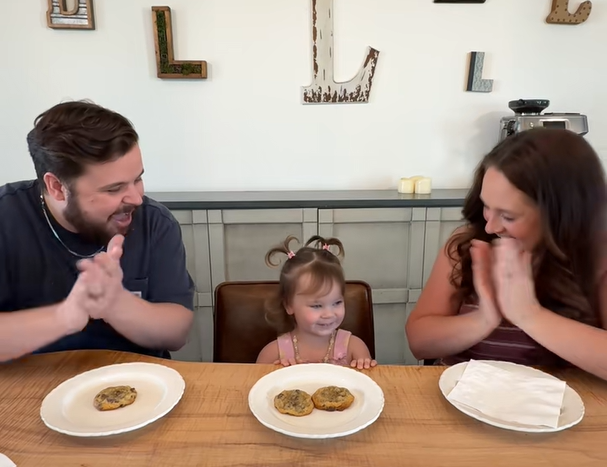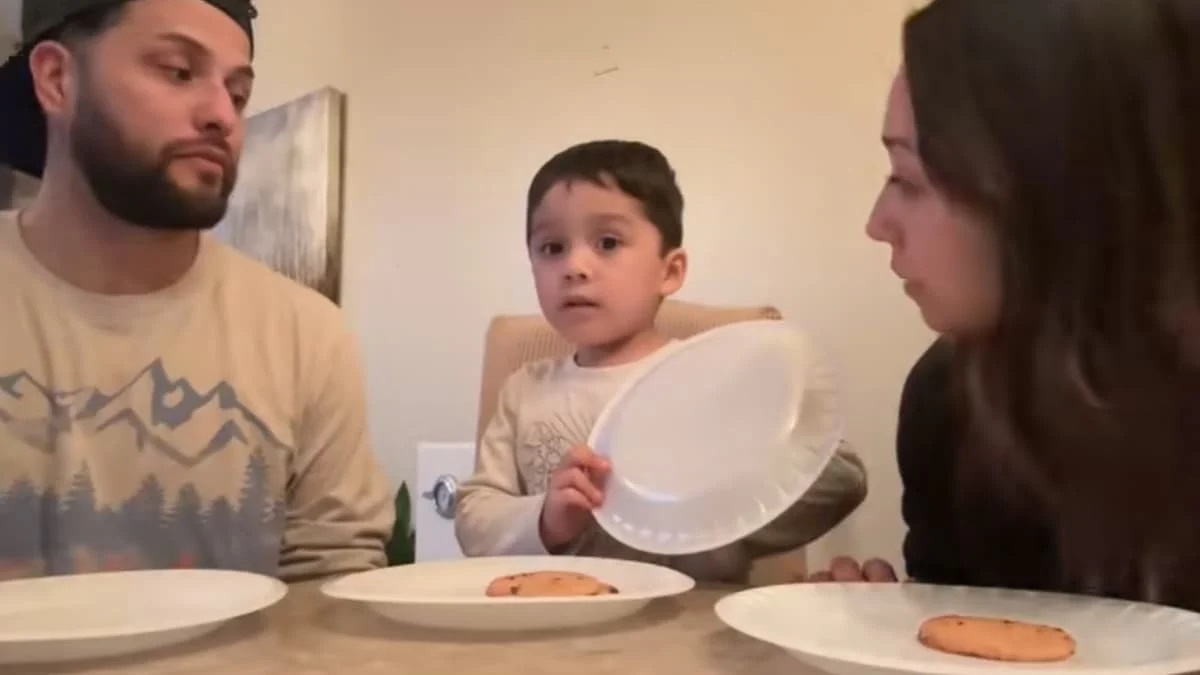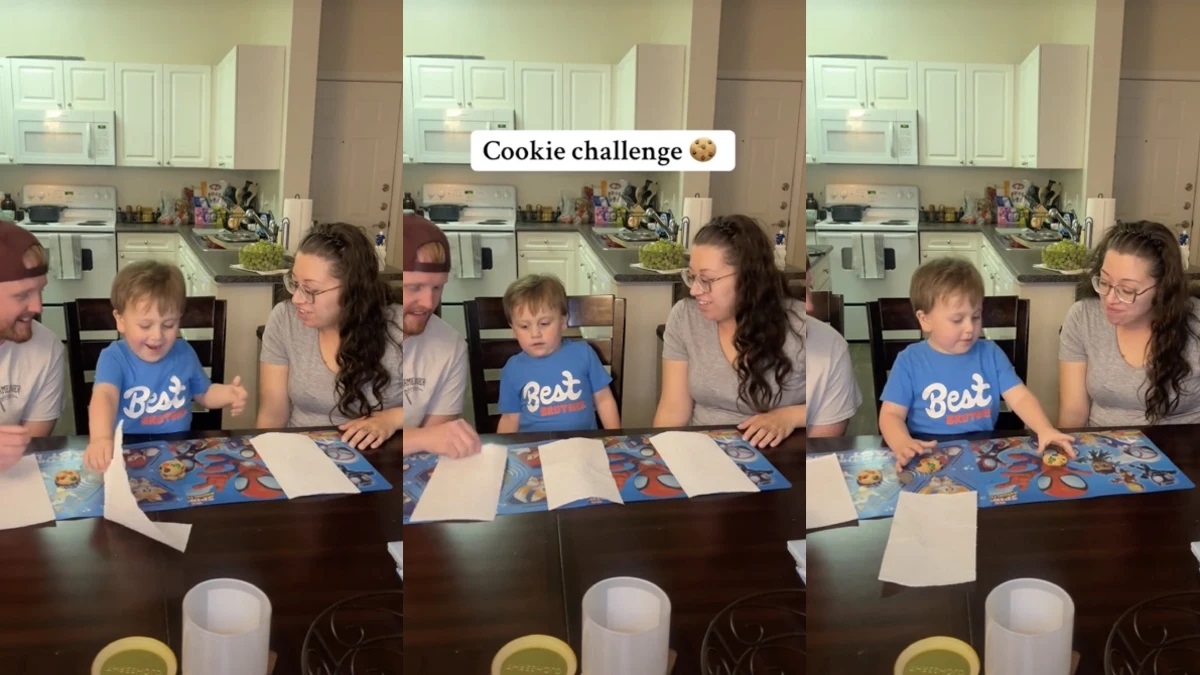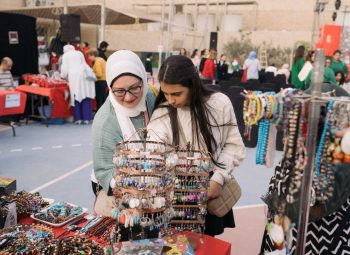Social media has a way of turning simple moments into viral phenomena, and the 2025 TikTok Cookie Challenge is no exception. Unlike past food-related trends, this one isn’t about balance, speed, or coordination; rather, it’s a social experiment that reveals how children react when faced with a fairness dilemma.
What is the Cookie Challenge?

In this challenge, a child is seated at a table with two cookies in front of them. One parent has one cookie, while the other parent has none. Without any instruction or prompting, the child’s reaction is observed to see if they will share with the parent who has no cookies, ignore the imbalance and keep their cookies or react emotionally to the perceived unfairness.
Parents record their child’s response and share it on TikTok, sparking discussions about child development, parenting styles, and the natural instincts of generosity.
What Does This Challenge Teach Kids?

At its core, the cookie challenge is an unspoken test of a child’s ability to perceive fairness, practice empathy, and make moral decisions. It can reveal the following:
1. Empathy and Awareness of Inequality
A child who notices the imbalance and shares demonstrates early signs of empathy as well as the ability to understand and care about others’ feelings. It also shows an awareness of fairness, a concept that develops gradually in young children.
2. Decision-Making and Moral Development
Faced with a choice, children engage in moral reasoning. Some may instinctively share, while others might hesitate or struggle with the decision. This process helps shape their understanding of fairness and generosity.
3. Observational Learning from Parents
Children often mimic behaviours they see at home. If they’ve witnessed acts of generosity, such as parents sharing food with each other or giving to others, they’re more likely to replicate that behaviour.
4. Scarcity vs. Generosity Mindset
Some children might hold onto both cookies out of instinct, a natural response to scarcity. This doesn’t necessarily mean they’re selfish; it could indicate they’re still learning about abundance and sharing.
5. The Power of Social Experiments
Older kids who recognise the setup might react differently, showing how external awareness influences decision-making. It also opens up discussions about how fairness is perceived in different situations.
Parenting Takeaways from the Cookie Challenge

While this trend is fun and insightful, parents should remember that no single reaction defines a child’s character, whereas sharing is a learned behaviour that develops over time. Parents should also learn that encouraging generosity through positive reinforcement helps build empathy. They should avoid pressuring or shaming children for not sharing, as it could make them resistant to the concept. Additionally, this challenge can be used as a teaching moment to talk about fairness in everyday life.






